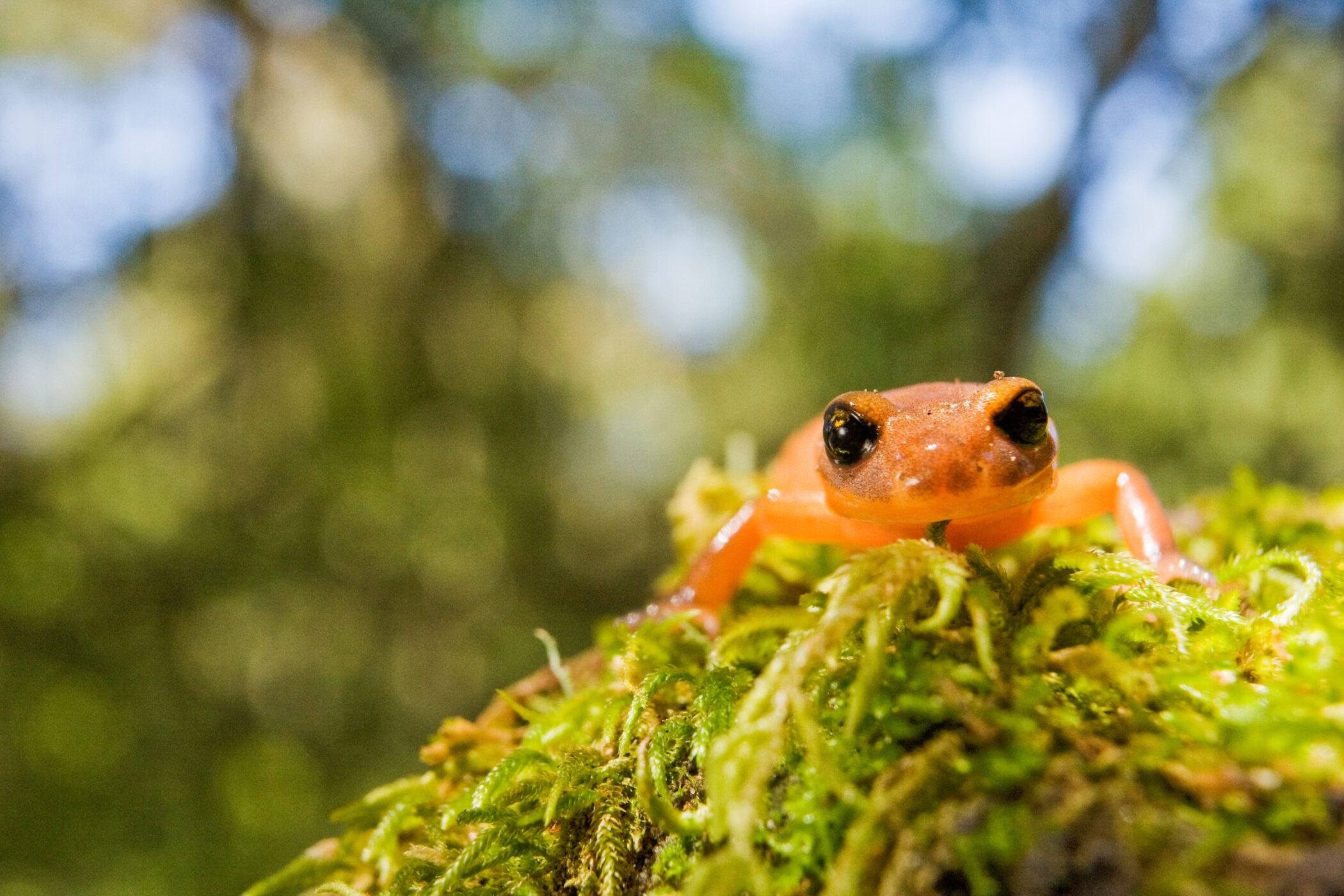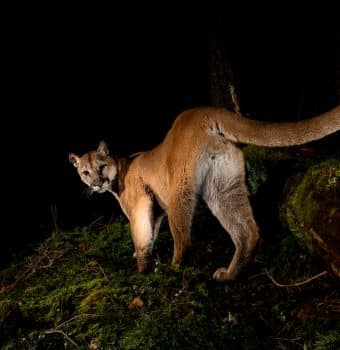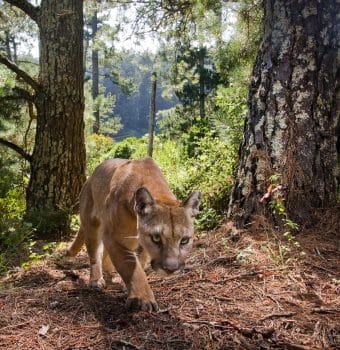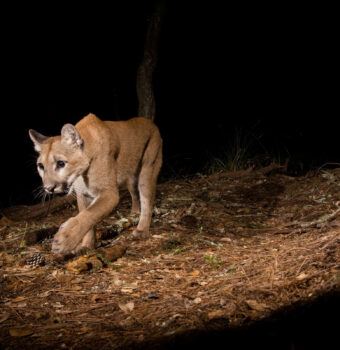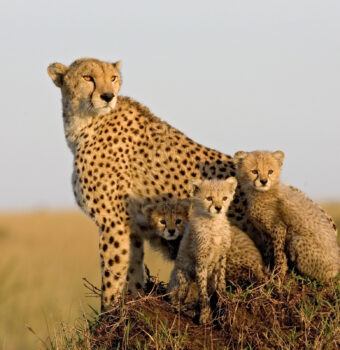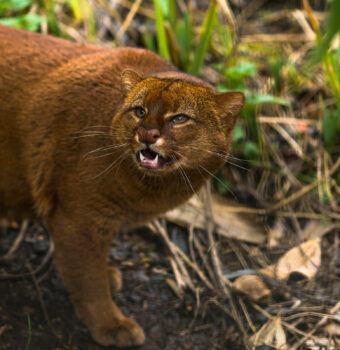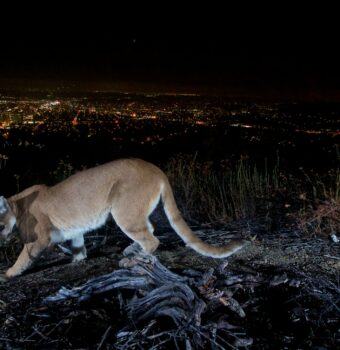WCN’s California Wildlife Program aims to restore and connect fragmented habitat, benefiting pumas and other wildlife in California.
Why is Connectivity Important for Wildlife in California?
Protecting Pumas and California's Wildlife
A Unique Landscape
California has long been admired for its magnificent and highly varied landscapes, ranging from arid deserts to breathtaking coastline.
The Problem
Sprawling urban areas, freeways, and certain types of agriculture have isolated puma populations and such close proximity to people can lead to conflict.
Our Solution
Through this program, WCN is supporting conservation efforts in North America for the first time. Our initial focus will be on restoring and maintaining habitat connectivity for vulnerable puma populations.
Projects Supported
With the California Wildlife Program, WCN will support efforts to repair and protect these ecosystems and help vibrant human populations successfully coexist with wildlife.
Pumas can be found in nearly all of these landscapes—traversing California’s craggy mountain peaks, rugged shrublands, and scattered forests. But despite this diverse range, these tawny-colored cats are living in a fragmented habitat.
Their isolation puts pumas at risk for local extinction and as they are a cornerstone of a robust wild California, without pumas, ecosystems can unravel. The pumas’ fragmented habitat must be restored and connected to maintain healthy wildlife populations.
This focus will help recover isolated puma populations as well as protect the many other species—from foxes to salamanders to owls. From its most cosmopolitan cities to its rural communities, California’s roughly 40 million people live in and around a stunning landscape rich in biodiversity.
Potential projects include:
- Supporting policy initiatives, including efforts at the intersections of wildfire resilience, urban sprawl, infill development, housing, and transportation.
- Catalyzing land purchases to protect key habitats.
- Advancing the implementation of wildlife crossings at highways and other linear infrastructure.
- Convening stakeholders for problem-solving, collaboration, and shared learning.
- Building capacity in local and statewide organizations.
- Supporting scientific research that might be necessary to inform conservation projects and practice.



